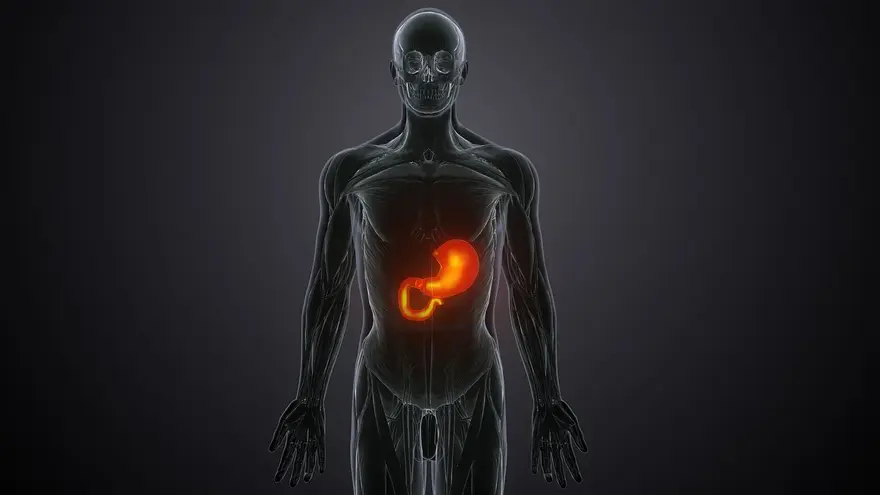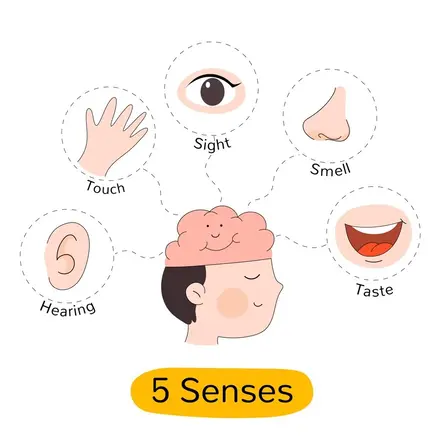Preventive Healthcare
Hepatitis A: Symptoms, Treatment, Causes, Prevention Explained
1999 Views
0

What is Hepatitis A?
Hepatitis is the inflammation or infection of the liver. Hepatitis A, a contagious viral infection, is caused by the Hepatitis A virus (HAV), which spreads through contaminated food or water or close contact with an infected person. It is acute or short-term Hepatitis that usually does not need treatment but can last up to two months.
How serious is Hepatitis A?
Hepatitis A infection is not as severe as the other forms of Hepatitis as it does not cause chronic liver disease or result in lasting liver damage.
How common is Hepatitis A infection?
A study of the prevalence of Hepatitis infection in India found that out of the total number of Hepatitis patients, the ones with Hepatitis A ranged from 2.1% to 52.5%. WHO states that Hepatitis A infection is more common among people with poor sanitary conditions and hygienic practices in low and middle-income countries. Here, most children (almost 90%) have already been infected but do not always show Hepatitis A symptoms.
What are the symptoms of Hepatitis infection?
Children under 6 years of age do not usually display any Hepatitis A symptoms. However, around 10% may develop jaundice. Older children, teenagers, and adults may display mild Hepatitis A symptoms, such as,
- Abdominal pain
- Light-coloured stool and dark urine
- Loss of appetite
- Flu-like symptoms (fatigue, body aches, and fever)
- Unexplained weight loss
- Jaundice (yellowing of the eyes and skin)
- Diarrhoea
- Itchy skin
When do symptoms develop?
The first Hepatitis A symptoms may appear between two to five weeks after contracting the virus. This time is known as the incubation period, during which the virus replicates in the body. As soon as the virus becomes identifiable as a threat to the body, your immune system attacks it, thus showing Hepatitis A symptoms.
How long do symptoms last?
Hepatitis A symptoms only last as long as the immune system takes to defeat the virus. This period can vary from a few weeks to up to six months. However, most people with Hepatitis A recover within two months. In some cases, the symptoms may relapse.
Are you contagious even if you don’t have symptoms?
You can be contagious for up to two weeks before developing the symptoms and up to five weeks after. Most children infected with Hepatitis A may never display symptoms, but they can spread the virus.
How do you get Hepatitis A?
The most common Hepatitis A causes are:
- Contaminated Food or Water: Due to the virus's longer shelf life, it can survive in water, fruits and vegetables for a long period, from growing to processing. It can also spread if an infected individual cooks your food.
- Close Contact: The virus can live in the faeces and blood of an individual infected with Hepatitis A. It can spread if you are taking care of someone ill or engage in sexual activity with an infected person.
- Poor hygiene: The sharing of needles, towels, or utensils and their improper disposal is a prominent Hepatitis A cause. Visiting places with low hygiene standards, such as prisons, daycares, or homeless shelters, can increase the risk of contracting Hepatitis A.
Is Hepatitis A an STD (sexually transmitted disease)?
Hepatitis A can be transmitted by kissing an infected individual who is bleeding or by engaging in oral-anal sex. Even minor bleeds from dry, cracked lips, bleeding gums, or mouth sores can cause the spread of this condition.
Who is most at risk of Hepatitis A infection?
People with low immunity, living in close contact groups, and having poor sanitation and hygiene habits can contract this condition. Communities that are most at risk of Hepatitis A include:
- Homeless individuals
- People who inject drugs
- Individuals living with HIV
- Children who live in an infected community
- Lower-income communities with inadequate sanitation
- People who live with, care for or have sex with an infected person
- Men who have sex with men
What are the possible complications of Hepatitis A infection?
Hepatitis A complications are infrequent, but those with a lower immunity are more likely to display severe Hepatitis A symptoms. One of the most serious complications of Hepatitis A is acute liver failure.
How is Hepatitis A diagnosed?
- Your healthcare provider will conduct a physical examination to find visible signs of Hepatitis A, such as enlarged liver or spleen and jaundice.
- They may even ask you about any other symptoms you are experiencing, like pain or discomfort in the abdomen when touched or pressed.
- A blood test usually confirms Hepatitis A diagnosis.
- A liver function test that shows elevated liver enzymes can indicate liver disease or Hepatitis. This, followed by a hepatitis panel, can tell which virus you may have.
- In some cases, stool tests may be suggested for Hepatitis A confirmation.
- In rare cases, imaging tests and biopsies may be performed to assess the level of inflammation in the liver and rule out other diseases.
What treatment is available for Hepatitis A?
Although there is no specific Hepatitis A treatment, your healthcare provider may suggest ways to care for yourself. These include:
- Staying hydrated and taking a nutritious dies
- Getting an adequate amount of rest
- Avoiding any substance that will stress your liver, such as alcohol or medicines like paracetamol
- Regular visits to your doctor to check for improvement in the condition
Is there a prophylactic treatment for Hepatitis A?
Yes, you can consult your doctor and get the Hepatitis A vaccine within two weeks of exposure. Although it takes two or three doses to be fully vaccinated, getting a single dose soon after exposure helps prevent infection.
Suppose you cannot take the vaccine due to a pre-existing condition that makes you severely ill or allergic. In that case, your doctor may also suggest getting an injection of immunoglobulin, a substance made from human blood that already contains antibodies for Hepatitis A.
How can I prevent Hepatitis A infection?
Getting vaccinated is one of the easiest Hepatitis A prevention. Most children over 12 months old get it as a part of routine vaccinations. Individuals who are regularly or occupationally exposed to Hepatitis A can also take this vaccine.
Being cautious of what you eat and drink when not at home and sticking to bottled water and well-cooked food helps prevent Hepatitis A.
Good hygiene practices, such as washing your hands regularly, not sharing personal sanitary items, and screening your partner for STDs, can help prevent Hepatitis A.
Conclusion
Hepatitis A is a contagious virus that is not life-threatening, but it can take several weeks or months to recover completely from it. If you think you may have been exposed to it. Diagnostic tests are the best way to be sure if the symptoms appear. After that, visit your doctor for Hepatitis A treatment and prevention tips. Metropolis Labs offers extensive diagnostic services and preventive healthcare packages to stay on top of your health. Contact us today to book your appointment.























 WhatsApp
WhatsApp